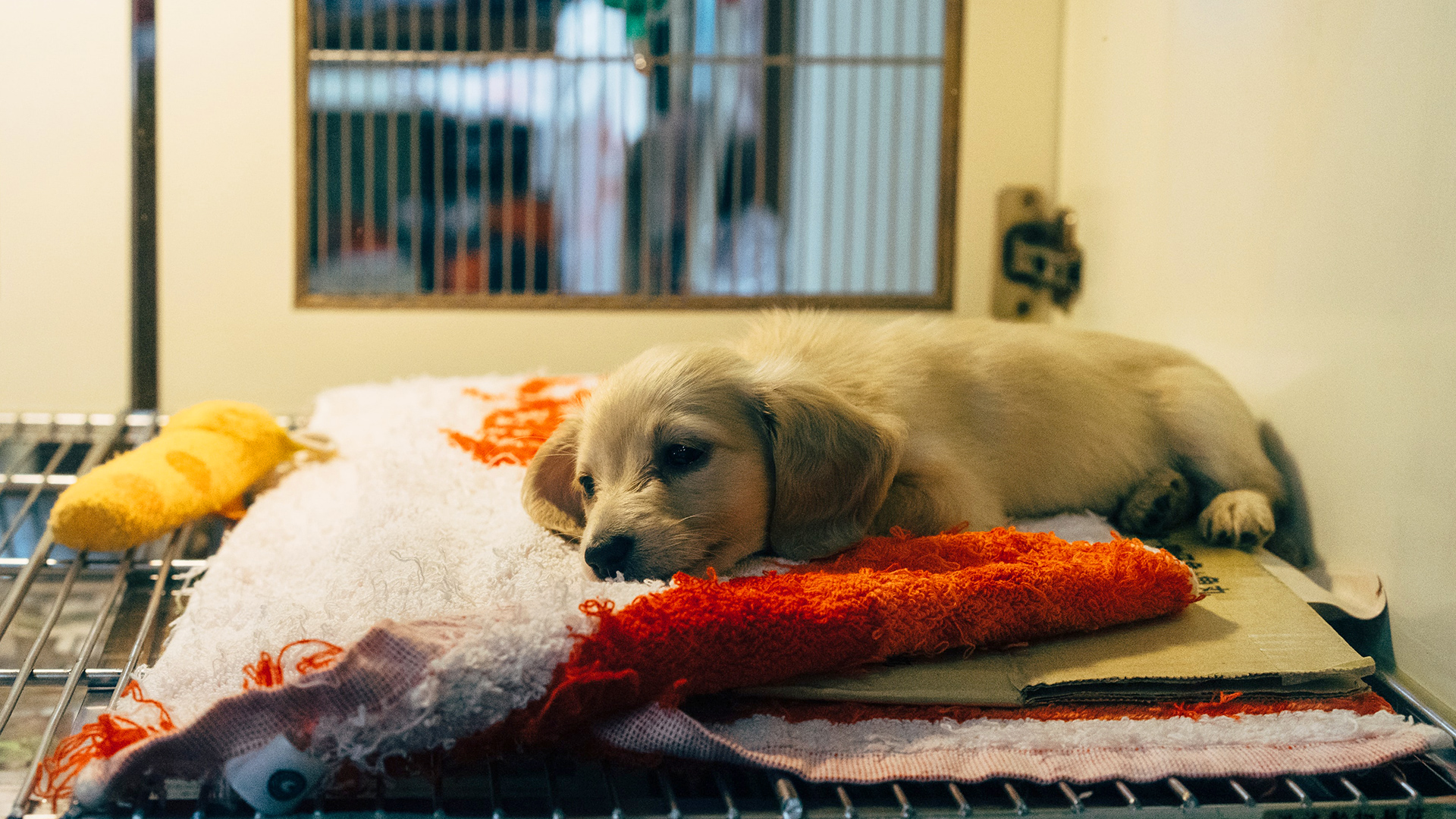Aims
The Master’s Degree in Veterinary Nursing in Small Animals is aimed at training professionals who are capable of research, independence and critical thinking in the area of veterinary nursing and capable of applying modern and effective hospital techniques. The aim will be the acquisition of skills by the students that will make it possible to improve quality in the different employment sectors, clinics and hospitals, particularly in the area of areas of immunology, anaesthesiology, nutrition and diet in small animals, physical rehabilitation techniques and knowledge of exotic animals, an innovative area that is being developed in Veterinary Science.
The intervention will be effectively complemented by the skills they develop throughout the course: communication, group work with multidisciplinary teams, being able to learn on their own, recognising the importance of lifelong training and entrepreneurship.
